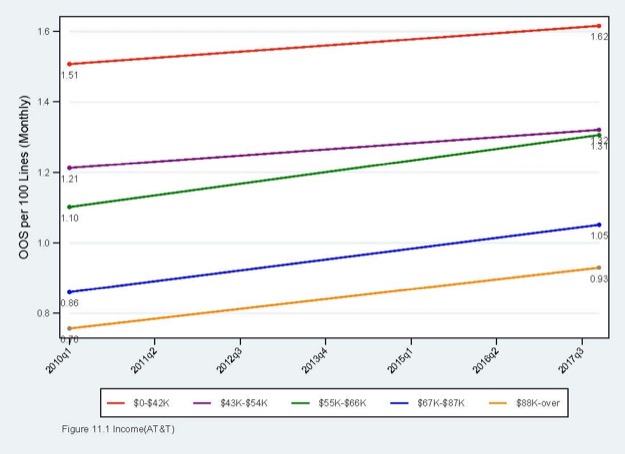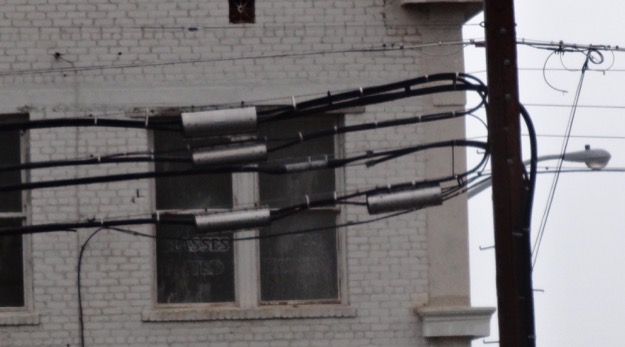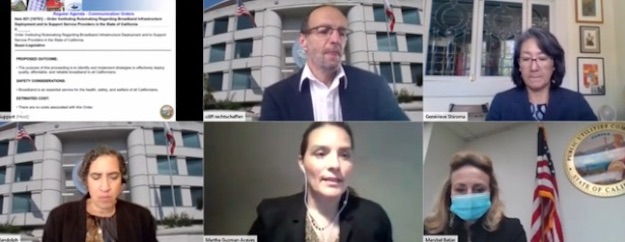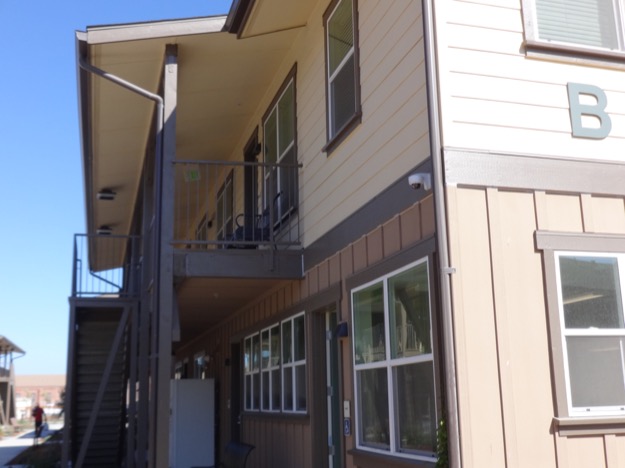CPUC considers topping up broadband subsidy fund, but money will still fall short

California’s primary broadband infrastructure subsidy fund will grow by about $70 million, if the California Public Utilities Commission approves a proposal to nearly double the tax that pays for it.
The California Advanced Services Fund (CASF) gets its money from a tax on phone calls made within California. That’s source of revenue is on the decline. The CPUC can collect up to $66 million a year for the fund (more, under certain circumstances), and sets the tax rate accordingly.… More




![By USFS Region 5 (Thomas Fire) [CC BY 2.0 (https://creativecommons.org/licenses/by/2.0) or Public domain], via Wikimedia Commons](https://www.tellusventure.com/images/2018/7/thomas_fire_2018_utility_lines.jpg)




